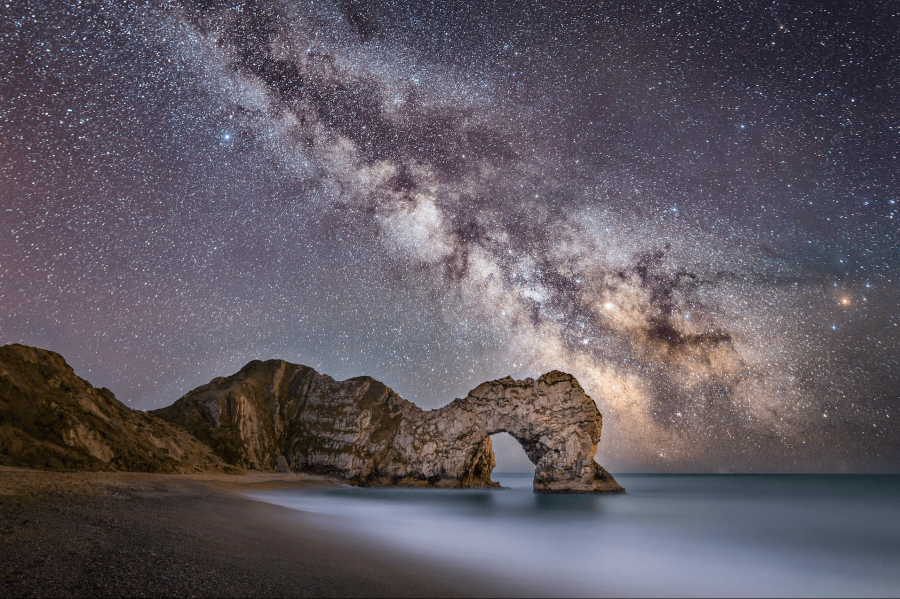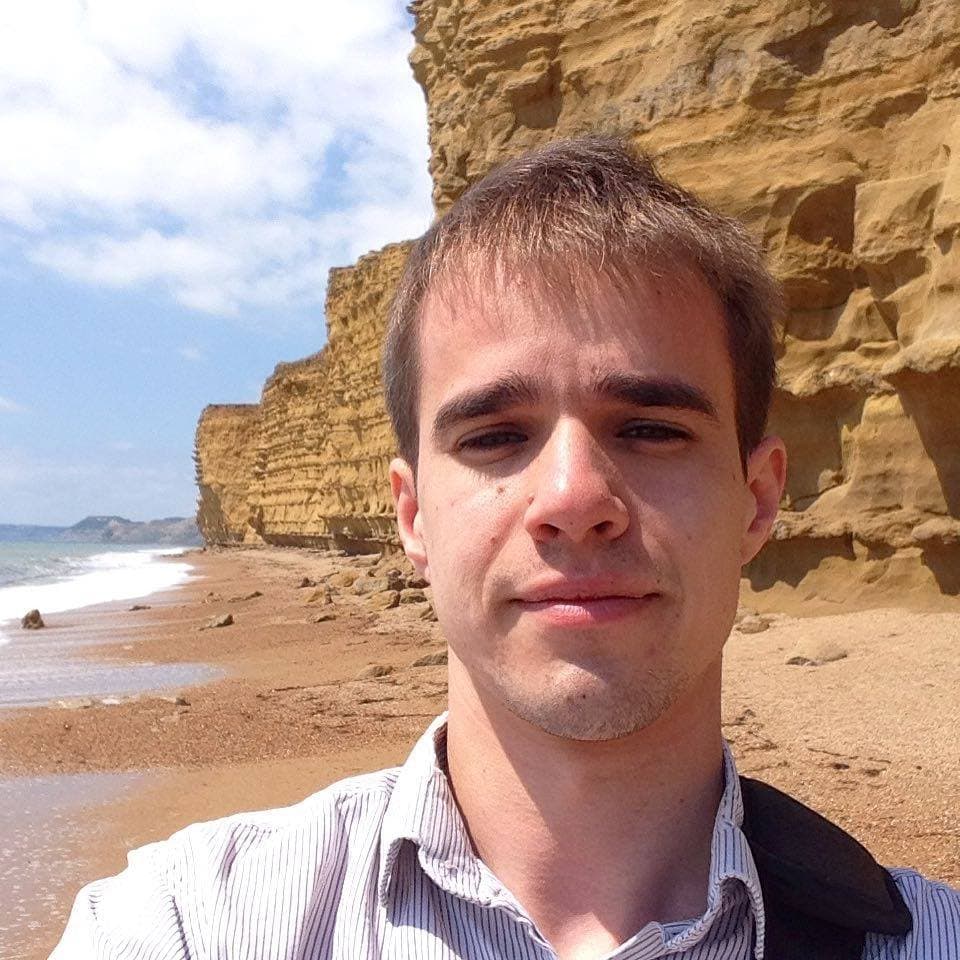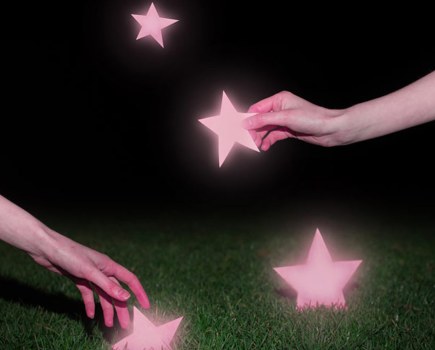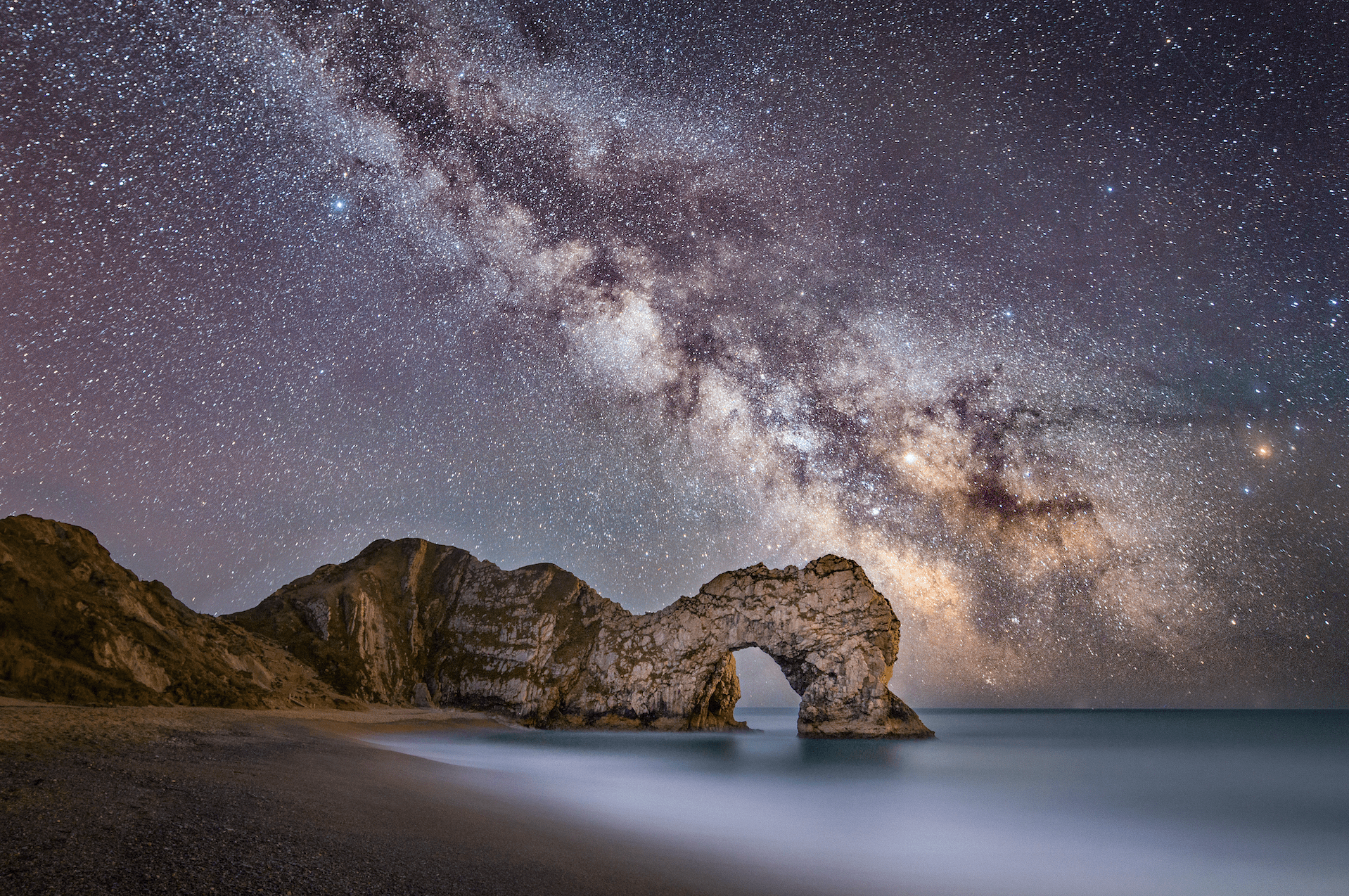
It’s not hard to understand why any landscape photographer would choose to work in Dorset as it is one of the UK’s most photogenic destinations. Competition is tough though – not only have you got several world-class pros living in the vicinity, such as David Noton, but Dorset’s favourite destinations attract a lot of photographers throughout the year. None of this deterred Stephen Banks, aka DorsetScouser, a talented 25-year-old and Vanguard Professional who specialises in the milky way in landscapes, in addition to creating time lapses.
“I was brought up in cities but moved down here when I was 21 and fell in love with the landscapes, so I started doing the kind of sunrises and sunsets that a lot of other people shoot,” Stephen explains. “We have particularly great skies here, however, and it soon became an obsession. Places like Durdle Door, Portland and Corfe Castle all offer really good, clear night skies as well as looking great in the day. So I started experimenting about six or seven years ago with time lapse, then moved onto still images featuring the milky way, which has become my speciality.”
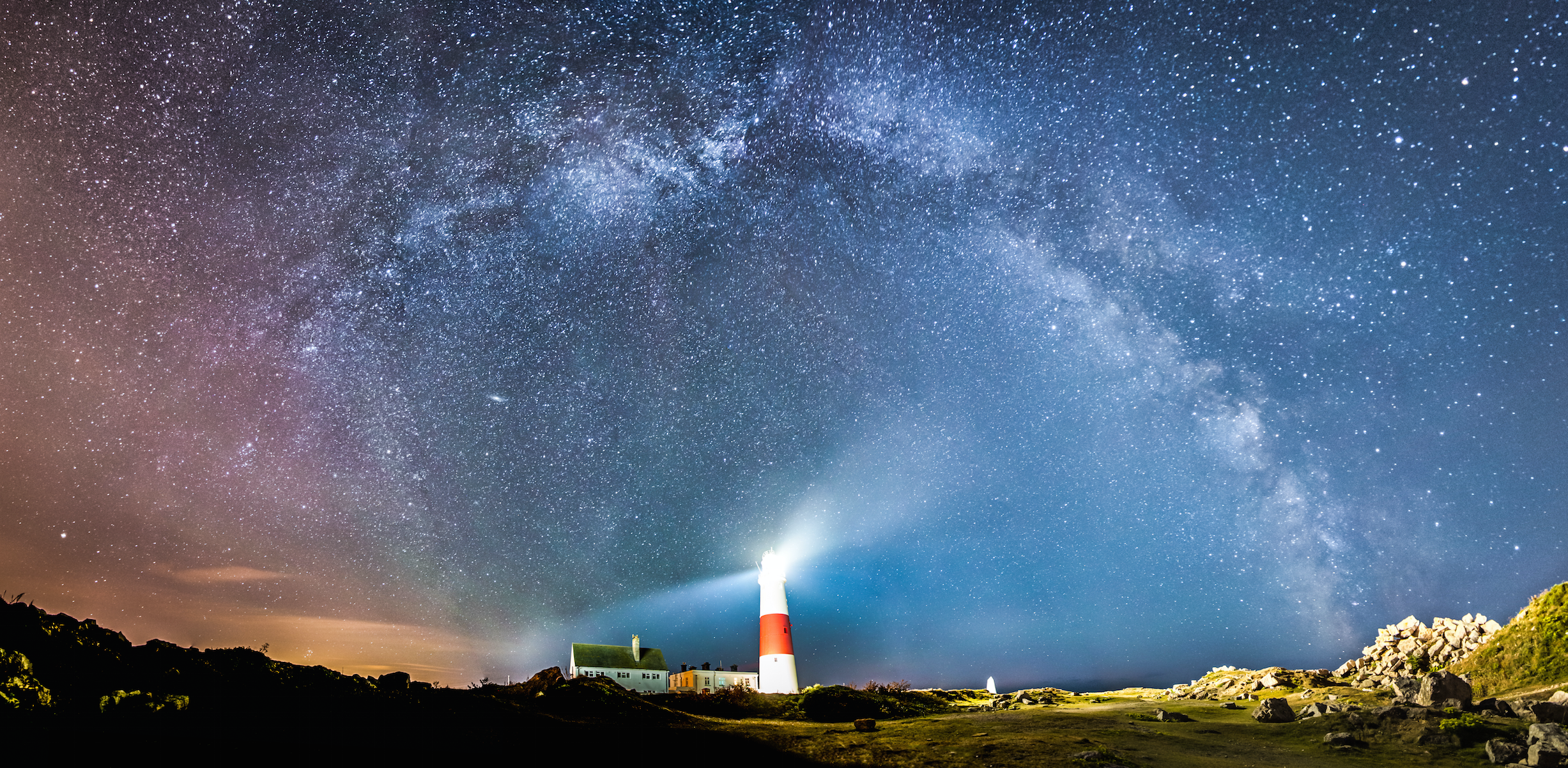
Turning out in the middle of the night to shoot the milky way in amazing Dorset landscapes sounds glamorous, but it’s hard work and cold, so Stephen very much relies on his gear. “I am a big fan of the Vanguard Alta Sky 51D Backpack. It swallows all the gear I need for a night shoot, including my laptop,” he explains. “If there is something I need quickly, like batteries or lenses I can easily find it, without worrying about leaving stuff at home as there isn’t enough room.
He adds, “I also use the ALTA PRO 264AT TRIPOD. It’s good and sturdy which is essential as I need the camera to be dead still for 20 or 30 minute exposures at a time when shooting the milky way. The tripod also hooks onto the back of the backpack, so it’s very easy to carry around. It’s not swinging around and hitting my legs like other tripods I have carried, and it goes everywhere with me. The whole Alta system makes sense for me as so much can change and go wrong in night shoots.”
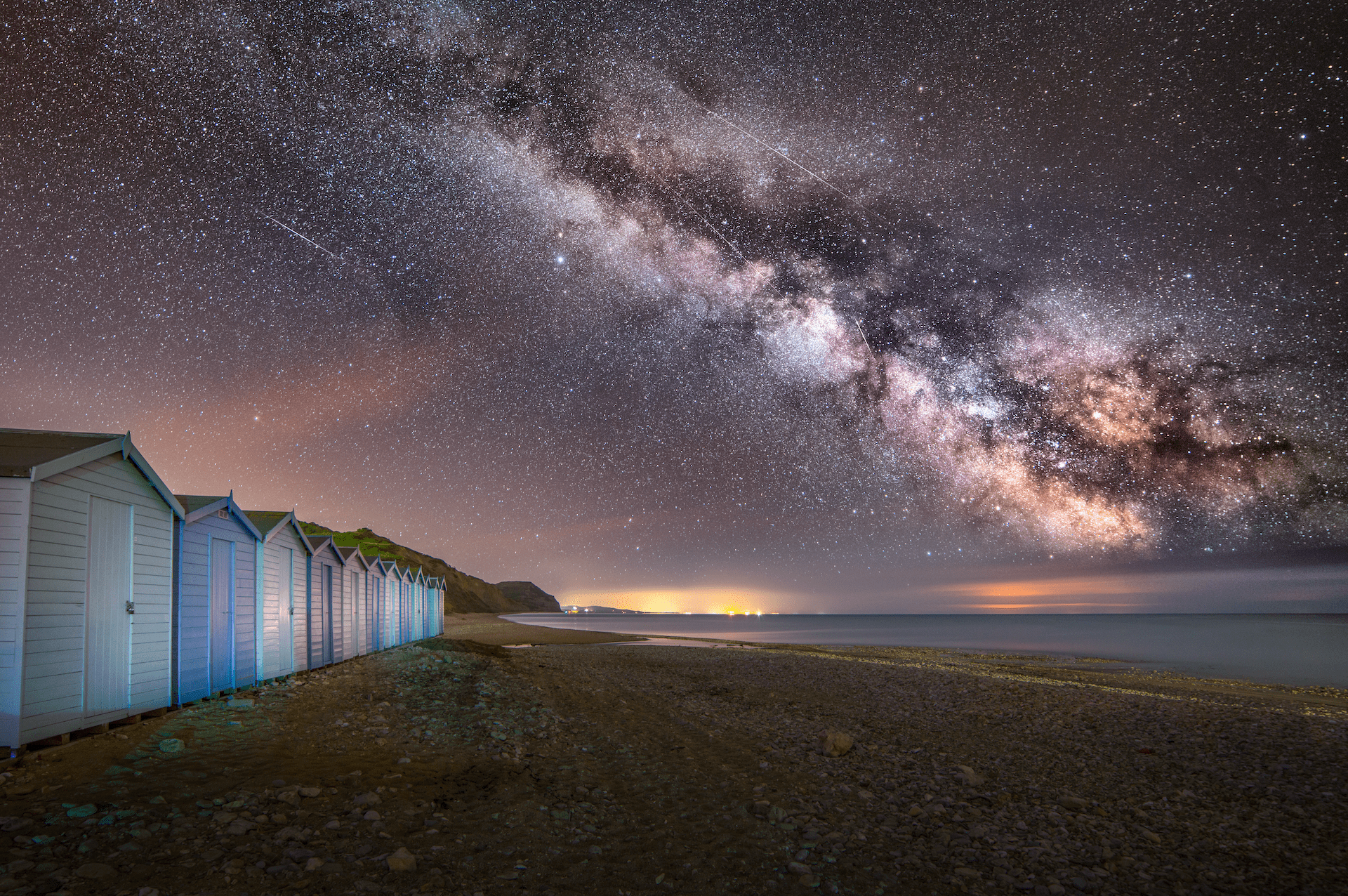
Stephen turned his time lapse images into videos which were well received on YouTube, but have been hard to monetise. There is a growing demand for his still images of the Dorset night sky, however, in the form of calendars and prints. “I get a customers in cities who don’t see the kind of skies we get down here, so they love the images. You get the odd cynic who thinks the scenes are Photoshopped, but while I have to do some editing, the final images are definitely not fake or comped together.” Stephen has printed 1500 copies of his 2018 calendar and they have all sold out.
For his trademark milky way shots in gorgeous Dorset landscapes, Stephen uses a full-frame Nikon D800 SLR. “The full frame sensor is very useful and when combined with an ultra wide angle 14mm lens, I can cover a lot of the sky.” Another essential bit of kit is an equatorial mount, which is permanently attached to his Vanguard tripod. “It’s basically a precision motor which you line up to the north star and it rotates at the same speed as the earth,” Stephen explains. “Normally you are restricted to about a 30 second exposure before the stars start to move in the picture, owing to the earth’s rotation. As long as you are aligned to the north star, this mount will track stars all night so you can do much longer exposures and you can stack them on top of each other in Photoshop.”
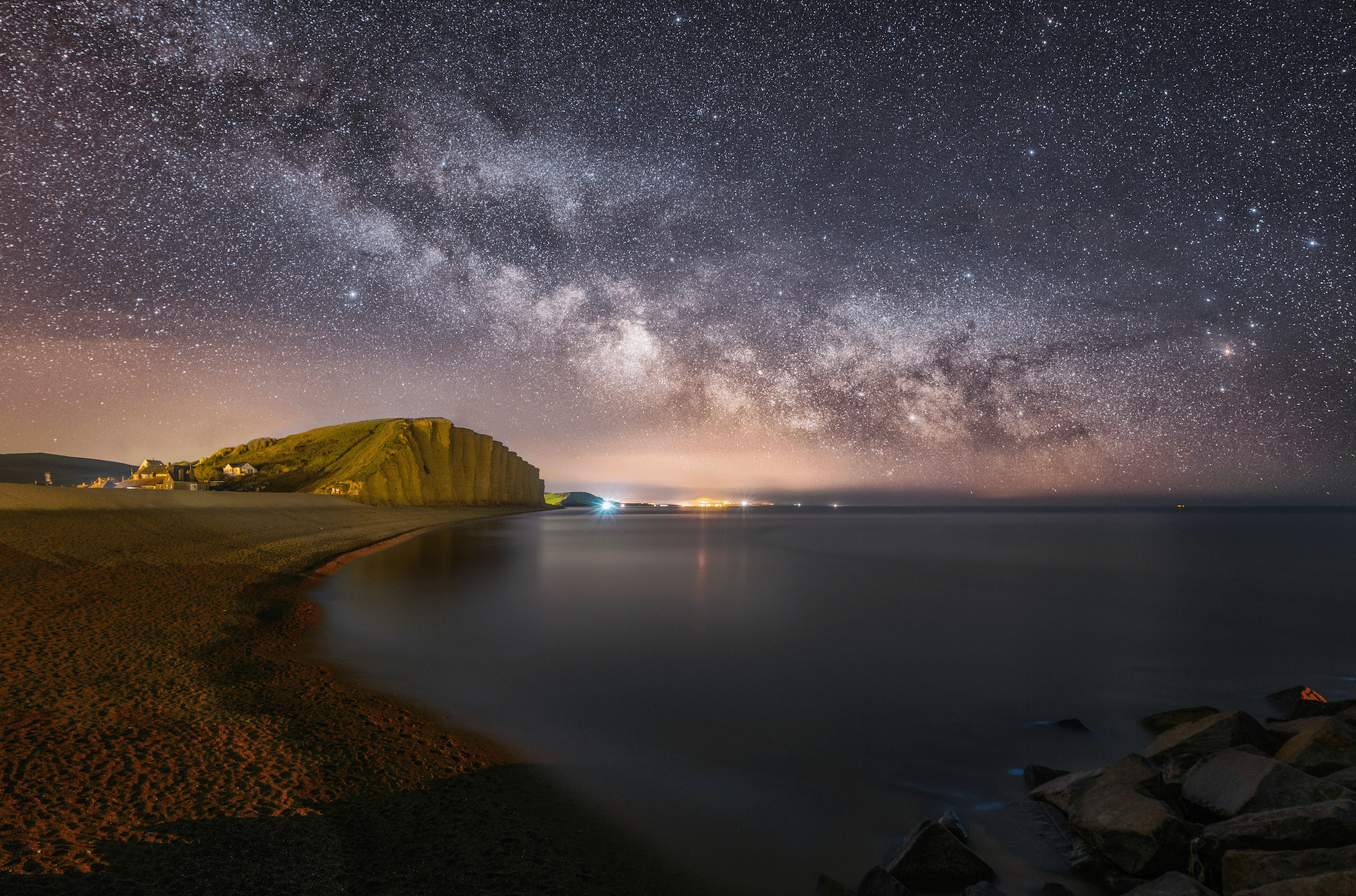
As you can imagine, getting technically perfect shots of the milky way in a well-composed landscape can be challenging. “So much can go wrong, so the biggest lesson I have learned is to carefully plan the location and shoots. When I first started I’d pretty much go out every night I could, regardless of whether the moon was bright or the milky way’s position in the sky.”
As Stephen explains, “the core of the milky way traverses across the sky throughout the year. In late spring it rises at 3am to the east, in the summer it’s in the south, and later in year it’s over to west, so it presents a number of opportunities for getting great shots of it over landscapes such as Corfe Castle or Durdle Door. An app called PhotoPills enables me to work out exactly when I need to be out for the best image.”
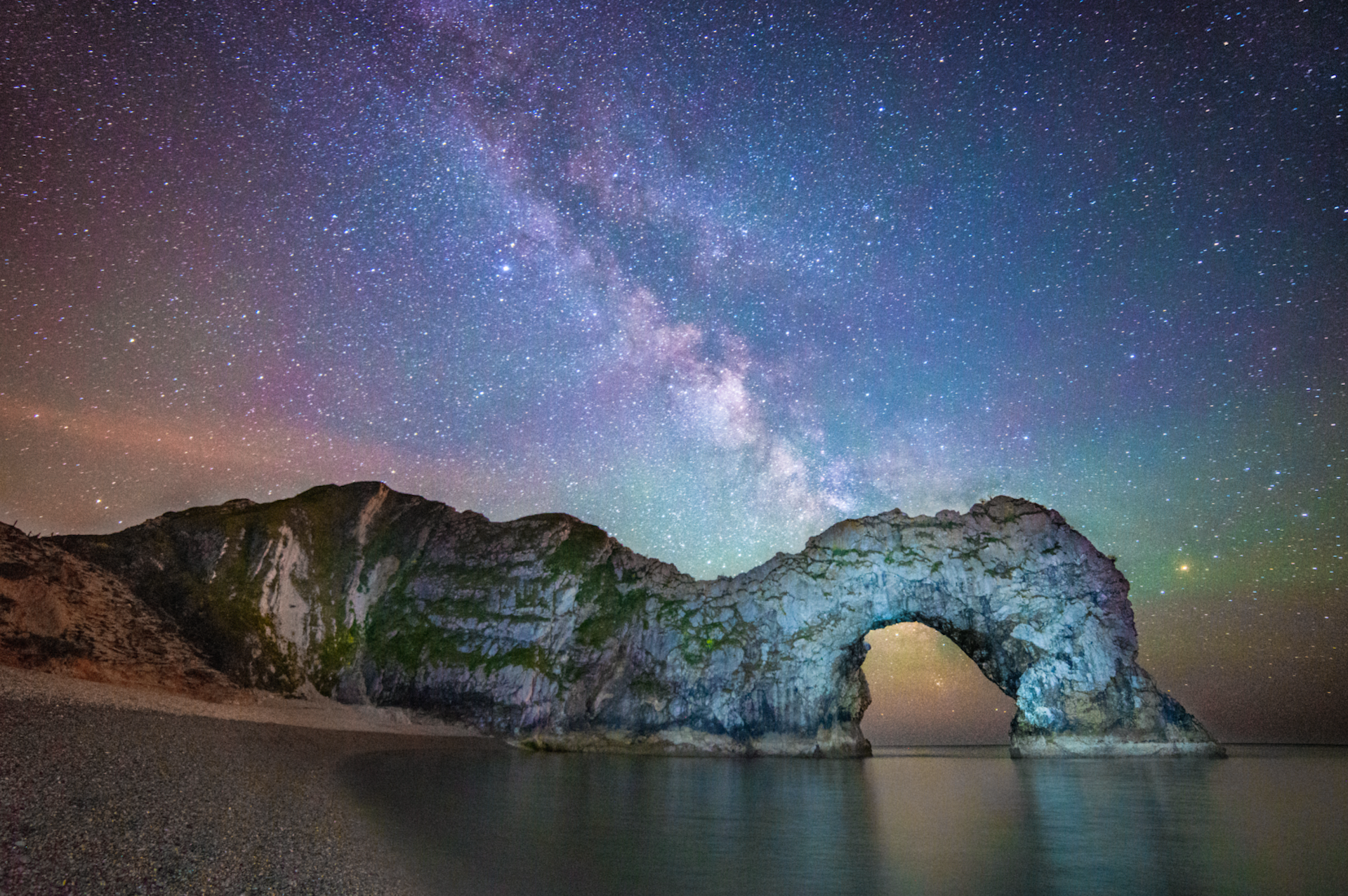
Other challenges include the good old British weather, which can change throughout the night. “Ideal conditions are a clear night, without clouds or much humidity,” Stephen says. Other photographers attracted to beauty spots at night can get in the way too, especially if they have bright torches, but Stephen has worked out good locations and times of year to avoid the crowds.
Another key part of Stephen’s approach is careful composition, something which is helped by using a sturdy, reliable tripod. “I line up the milky way with a foreground object so it interacts with the scene in a more natural way. Again it’s about careful planning as I know the position of the milky way in advance. This is how I put my personal stamp on my images – capturing the milky way in as much detail as possible. I work full time so I have to make most of the time I have at night. Milky way shots are my niche.”

